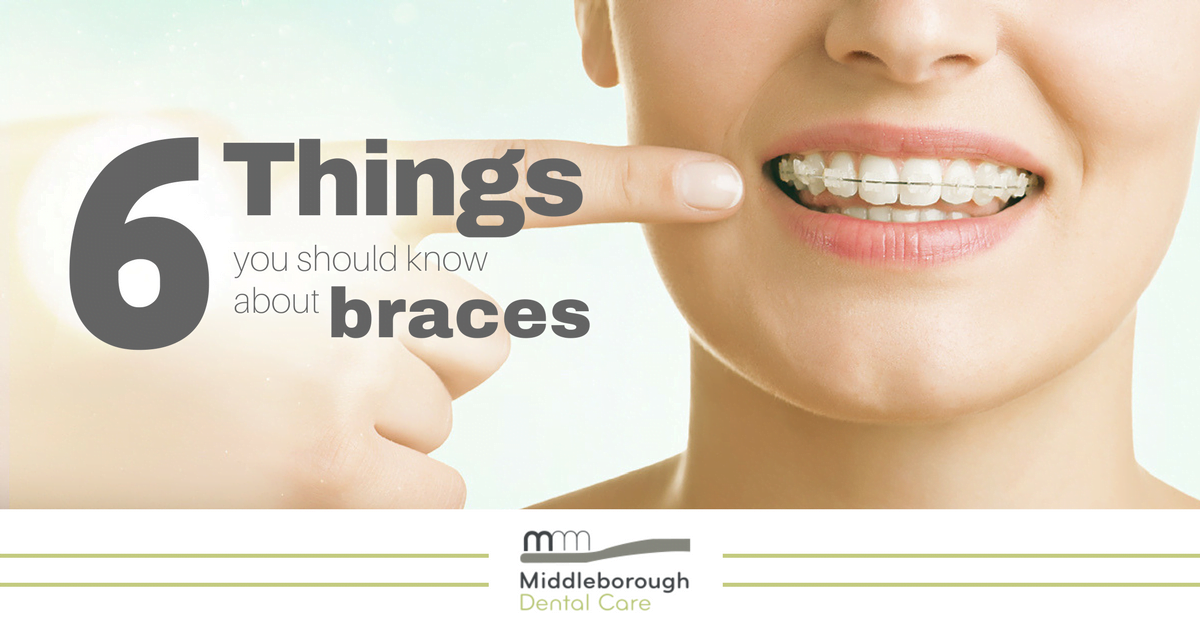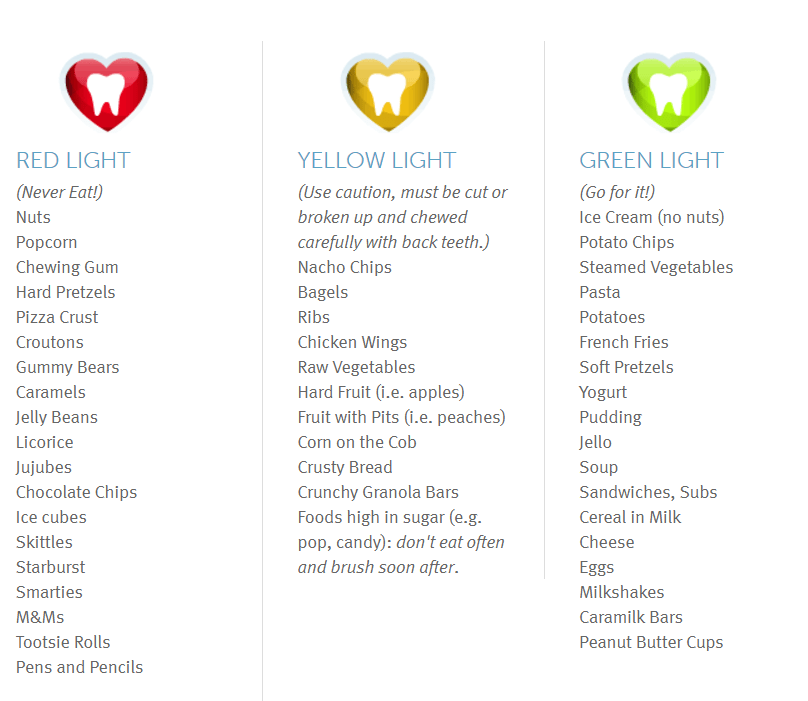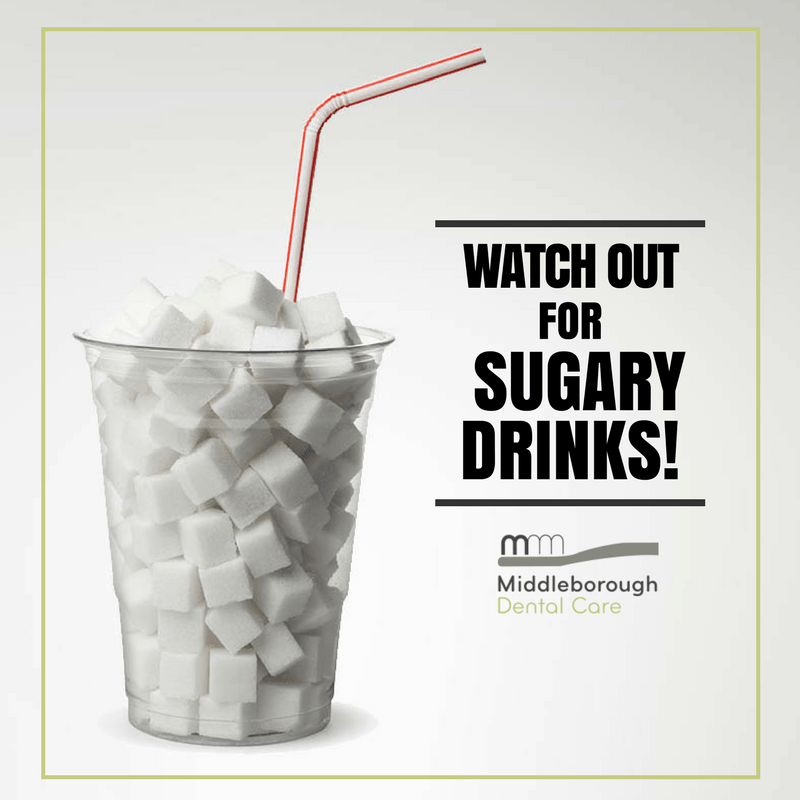
6 things you should know about braces
Some people have the misconception that getting braces is only about appearance. In truth, having misaligned teeth can cause a range of issues, including excessive, premature wear to your teeth and jaw, discomfort, and even TMJ disorder.
Orthodontic treatments, including braces and Invisalign, are available to correct crooked teeth in the most natural, stable way and with minimal maintenance.
If you’re thinking about braces, here are six things you should know.

- What’s going into your mouth
The rings around your back teeth are called molar bands. The small squares on the front of your teeth are the brackets, which are joined to an arch wire by elastics (also known as O rings or ligature ties).
- How your mouth will react
There is likely to be some initial tenderness as your teeth loosen up, and you’ll want to eat soft foods for a few days until that temporary soreness subsides.
As your cheeks, tongue, and lips aren’t used to the new ‘hardware’, the tissue may become irritated, so we use wax, placed over the bracket that’s rubbing, to prevent sore spots. For most people, it takes less than two weeks before the oral soft tissue starts to toughen up.
- Be extra careful about what else goes into your mouth
Sticky and hard foods are a no-no while you have braces, as is corn on the cob, and you also have to break that pen-chewing habit! Larger pieces of food, for example apples or carrots, should be cut into thinner, bite-sized pieces.
We’ve come up with a handy guide for anyone with (or getting) braces. Just click here to download our Orthodontic Food Watch Table showing which foods are a “go” and which are a “no”!
Keep in mind that every time something from your braces is loose or broken, that adds time onto your treatment. We aim to keep it as short as possible.
- Sugary drinks have even more impact

While sugary drinks aren’t great for teeth, their potential to damage tooth enamel is even greater when you have braces, because the sugars and acid cling around the braces. So cut down on soft drinks, energy drinks, and even flavoured milk, and if you do have the occasional one, rinse your mouth with water as soon as possible afterwards.
- You’ll need to allocate a bit more time to your daily dental-care routine
Thorough brushing after every meal is more important than ever, because food and plaque can easily build up around the braces – especially at the gum line – leading to tooth decay and/or swollen gums. Be sure to keep the pressure and movement gentle, at the lower level.
We recommend an electric toothbrush and fluoride toothpaste, coupled with regular flossing. Alternatively, a water flosser can be used if your braces get in the way of regular flossing. It’s a cleaning device that shoots a thin stream of water and, when aimed between your teeth or at the gum line, it can remove food particles or plaque.
More time will need to be set aside for your dental-care regimen. A fluoride mouthwash can also help ensure your whole mouth is clean.
- You’ll need regular adjustments
We’ll book you in for regular checks and adjustments, usually every six weeks, where we can ensure that your treatment is not only on track, but ‘tuned’ to get optimal results in the shortest time.
You’re certainly not on your own during the course of your orthodontic treatment and we’ll be on call to address any issues that might arise – for example if you happen to have an accident that loosens a bracket.
At Middleborough Dental Care, Dr Samantha, Dr Alice, and the team are not only very experienced with orthodontics, but also dedicated to providing the most comfortable treatment for each patient.
Upon completion of the treatment, we look forward to seeing your big, bright, beaming, straight smile!
As always, if you have any specific questions, we’ll be happy to answer them.
See you for your next check-up.